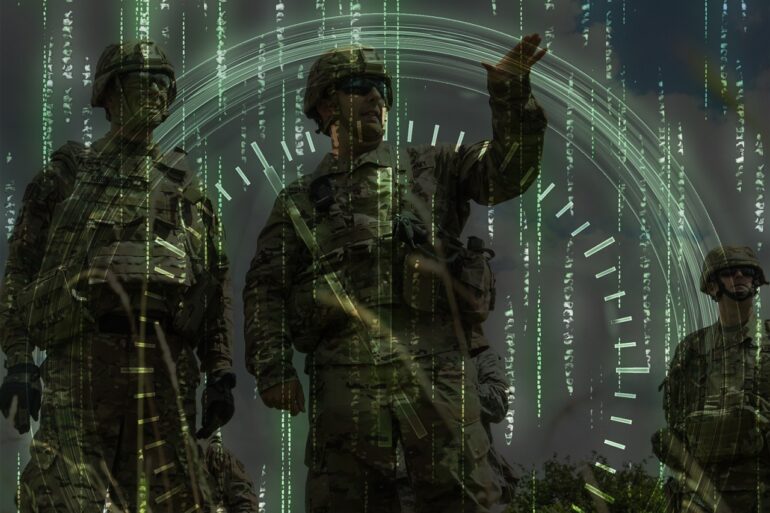TL;DR:
- US officials plan to convene representatives from over 50 nations by mid-2024 to discuss the responsible development and deployment of AI and autonomous military technologies.
- The “Political Declaration on Responsible Military Use of AI and Autonomy,” endorsed by more than 40 countries, sets voluntary guidelines for AI use in the military, emphasizing transparency and conflict risk reduction.
- The State Department has not disclosed the full declaration but intends to initiate a new phase in implementing responsible AI practices in early 2024.
- China and Russia are notably absent from the multinational agreement, but a dialogue on AI safety and capabilities is planned between the US and China.
- Key principles from the DOD Directive 3000.09 governing “Autonomy in Weapon Systems” are reflected in the multinational declaration, emphasizing a senior-level review process for military AI applications.
Main AI News:
US Defense and State Department officials are poised for a significant gathering, aiming to convene representatives from over 50 nations by mid-2024. Their objective? To deliberate upon the nascent framework and standards doctrine they have recently endorsed, committing to the “responsible” development and deployment of artificial intelligence (AI) and autonomous military technologies. The initiative, first initiated in early 2023, gained momentum when the State Department highlighted the “Political Declaration on Responsible Military Use of AI and Autonomy” in November, with more than 40 countries formally endorsing it.
“We’re up to 51 now, including the United States, and we’re proud of the fact that it’s not just the usual suspects,” remarked Michael Horowitz, deputy assistant secretary of defense for force development and emerging capabilities, during a webcast hosted by the Center for Strategic and International Studies. “We’re actually working toward a potential plenary session in the first half of 2024 with those states that have endorsed the political declaration—and we hope that even more will come on board before that happens and will come on board afterward,” he added.
The State Department has not released the full declaration publicly, but a summary from last year indicates that it outlines “voluntary guidelines describing best practices for the use of AI in a military context” and aims to “establish measures to increase transparency, communication, and reduce the risks of inadvertent conflict and escalation.” The department had previously confirmed that “endorsing states will meet in the first quarter of 2024 to begin this next phase” of implementing responsible practices associated with the declaration.
Despite queries from DefenseScoop, representatives from the Pentagon and State Department refrained from disclosing details regarding the plenary session and its extended timeline.
During the CSIS event, Horowitz acknowledged that China and Russia are not presently part of the multinational agreement. However, he mentioned that the pact forged between President Biden and Chinese President Xi Jinping in November includes plans for a forthcoming meeting “to have conversations about AI safety and general AI capabilities.” Horowitz emphasized the importance of dialogue between the US and the People’s Republic of China, expressing optimism about the potential outcomes of these discussions.
Notably, some key principles outlined in the DOD Directive 3000.09, which governs “Autonomy in Weapon Systems” and was updated under Horowitz’s leadership last year, are now mirrored in US foreign policy through the new multinational declaration. A significant change in the directive is the introduction of a senior-level review process for assessing contemporary applications of military AI before their deployment.
“When you have multiple undersecretaries and the vice chair [of the Joint Chiefs of Staff] who have to both approve an autonomous weapon system prior to development and approve it prior to fielding—that is really like deep, internal DOD politics—that’s a huge bureaucratic lift, frankly, to do something like that. But it reflects how seriously we take our responsibility when it comes to ensuring that any autonomous weapon systems that are fielded, we can be confident that they’re safe,” remarked Horowitz.
Conclusion:
The global push for ‘responsible AI’ is gaining traction, with over 50 nations discussing guidelines and transparency measures for military AI. While some major players like China and Russia are not yet involved, the dialogue between nations and the commitment to safety reflects a growing emphasis on responsible AI practices in the defense sector, potentially impacting the AI market’s future direction and regulations.

